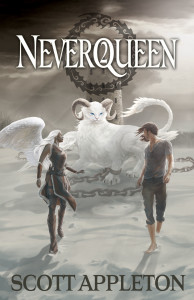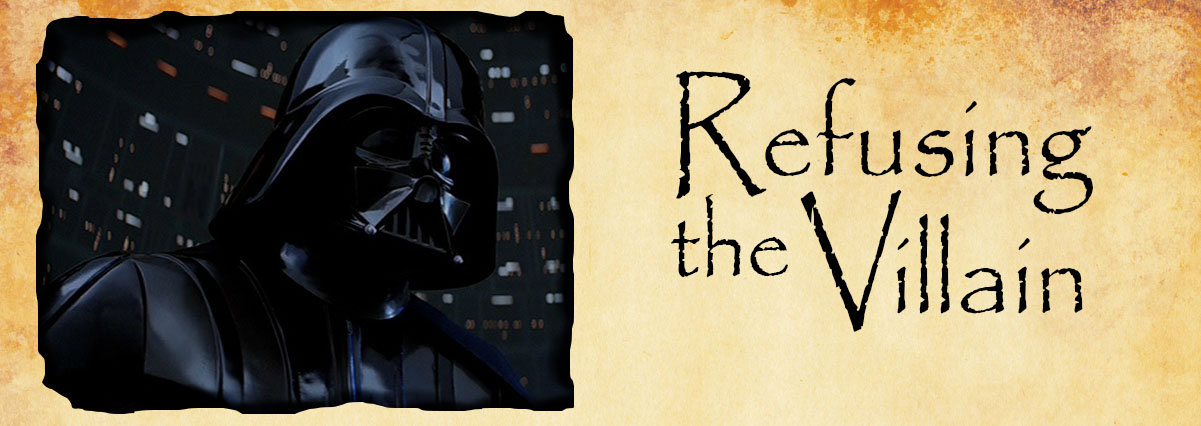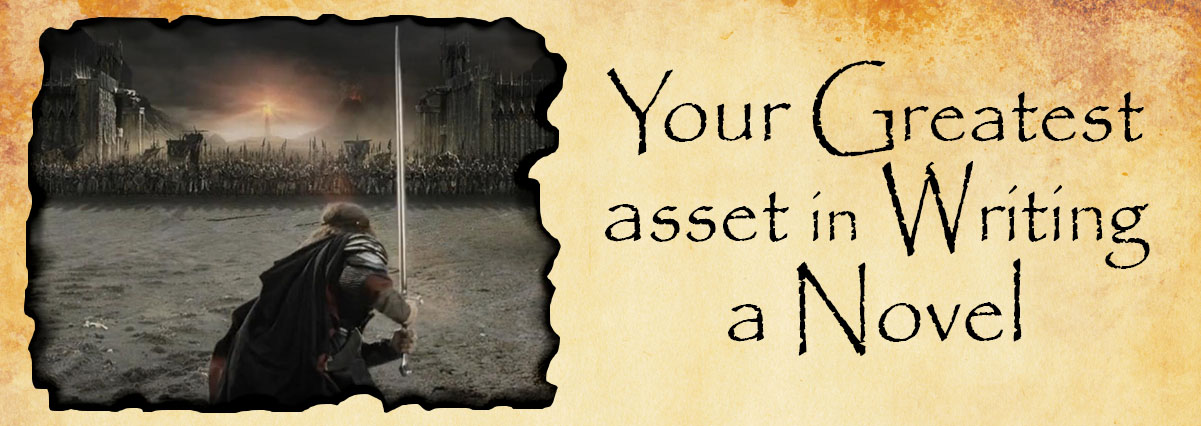How tragedy strengthens romance in fantasy
Tragedy grabs our attention more certainly than most any other writing device. Think of it! You fall in love with a character, follow their journey of romance, but then something insurmountable is revealed and the romance can never culminate. In fact, it must come to an end and the characters will never see each other again. They will be left alone in their grief, each desiring the companionship that can never be. Such stories are potent because they grab at our desire for companionship and romantic fulfilment. Some of the best books I’ve read are fraught with tragedy, and romantic tragedies are among the most memorable.
While most people know Star Wars as a film franchise, most do not know that this franchise has been built on the pages of literally hundreds of books. Some of them are among the best fantasy novels that I have ever read. Following the original movies (A New Hope, The Empire Strikes Back, and Return of the Jedi) a group of writers were handpicked to craft great stories to expand the Star Wars universe. One of those books was Children of the Jedi by Barbara Hambly.
The story’s premise is this: Luke Skywalker, haunted by ominous dreams and guided by a force he cannot identify, journeys to a remote asteroid field. There he discovers the automated Dreadnaught Eye of Palpatine–from the days of all-out war. Taken aboard the ship, Luke is counseled by the spirit of Callista, a Jedi Knight who gave her life to stop the ship once before. Together they must figure out how to stop the ship from destroying a world.
The premise doesn’t do this book justice. Through the Force, Luke and Callista grow to love each other. Their desires for each other will be forever unfulfilled. Their destinies will separate them irrevocably.
I love this story because it illustrates what a story can be. How it can play at our heartstrings. Maybe you’re not a romantic like me, but still you can appreciate the potency of the emotions romantic tragedy plays in fantasy fiction. As I read this book I found myself asking how I would have remembered the story differently if it had had a happy ending to the romance. It would have changed the mood of the book entirely. In fact, it would have weakened the story. Callista’s self-sacrifice makes you love her. Luke’s heartbreak makes you resonate with his sorrow but at the same time admire his steady path as a jedi master. Emotional entanglements are left aside when they interfere with the greater good of bringing peace to the galaxy.
The impression this story had on me ended up influencing the writing of my fantasy novels. I am not afraid to kill a romance, nor to introduce tragedy, because each of these strengthen the reader’s empathy with the characters. The next time you read a novel that grabs your heartstrings, try asking yourself what it was in that story that made it stand out to you and impact your thinking.
Q: Do you appreciate a romantic tragedy?
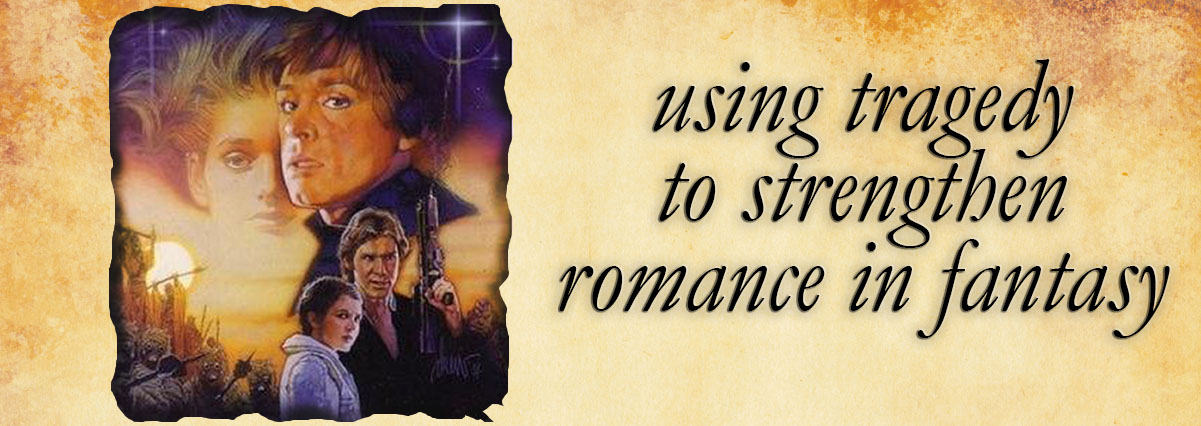
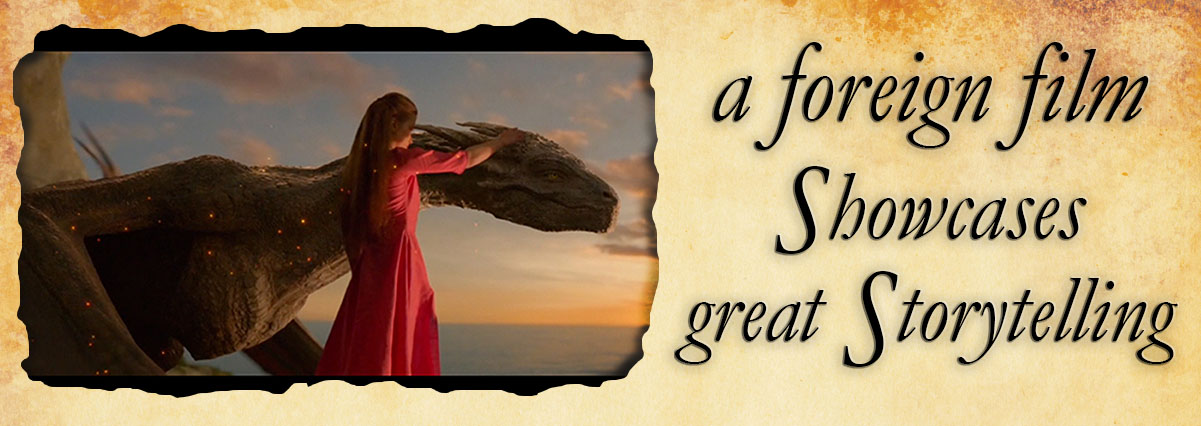
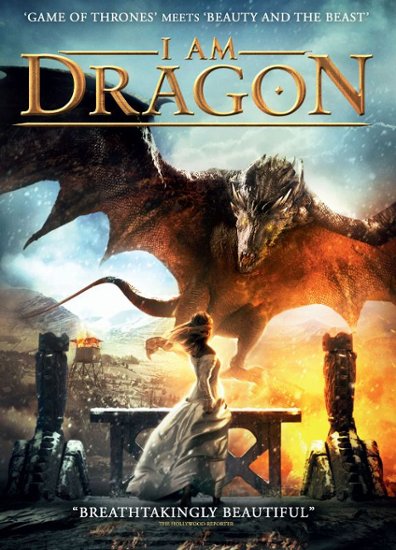 Are you tired of movies that rely on action scenes to keep your interest? I am. Though I do appreciate action when it is applied properly, the heart of a story is never the battles, it is the soul of the characters and the arc of mystery, intrigue, or romance that they are following. You could say that the drama is the most important aspect of any good story. It grabs your attention and holds you through to the end because it gives you human elements that you can relate to. You may not understand what it is like to fight in a war, or touch a majestic beast, or be wounded in battle. But you probably do understand what its like to fall for a beautiful woman, or lose one you love, to struggle financially, or to battle physical illness or handicap.
Are you tired of movies that rely on action scenes to keep your interest? I am. Though I do appreciate action when it is applied properly, the heart of a story is never the battles, it is the soul of the characters and the arc of mystery, intrigue, or romance that they are following. You could say that the drama is the most important aspect of any good story. It grabs your attention and holds you through to the end because it gives you human elements that you can relate to. You may not understand what it is like to fight in a war, or touch a majestic beast, or be wounded in battle. But you probably do understand what its like to fall for a beautiful woman, or lose one you love, to struggle financially, or to battle physical illness or handicap.